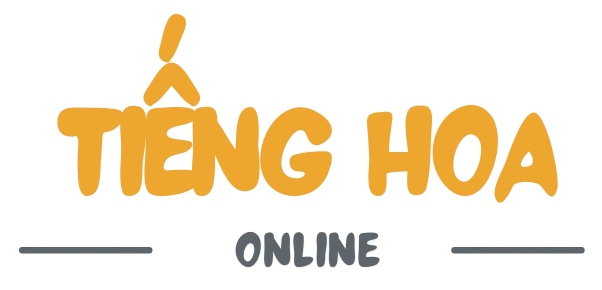The travel industry in 2025 stands at a crossroads of progress and responsibility. As global tourism rebounds to pre-pandemic levels, travelers and industry entities alike are steering a landscape transformed by environmental priorities, cutting-edge technologies, and shifting consumer preferences.
## Sustainable and Planet-Conscious Travel
The imperative for sustainability has become a bedrock of modern travel. By 2025, the tourism sector is projected to generate 6.5 billion metric tons of carbon emissions, necessitating immediate measures. Destinations like Costa Rica and Bhutan are spearheading this charge, with the latter maintaining its status as the world’s only carbon-negative country through rigorous tourism limits.
Revitalizing tourism models, such as New Zealand’s Māori-led eco-tours, are gaining traction. These programs reflect a broader shift: 73% of travelers now prefer brands with strong environmental policies.
## Customization and Bespoke Experiences
Luxury travel in 2025 is synonymous with ultra-tailoring. Discerning travelers seek transformative journeys adapted to their unique interests. Companies like LuxGroup emphasize “responsible opulence,” combining luxury with traditional engagement.
Artificial Intelligence is transforming trip planning, enabling dynamic itineraries that respond to immediate interests. This trend matches findings that 64% of luxury travelers prefer bespoke packages over cookie-cutter options.
## Combating Overtourism Through Innovation
Overtourism remains a critical challenge, prompting travelers to seek “substitute spots” and shoulder-season visits. Cities like Ljubljana are mitigating congestion through vehicle-restricted areas and bike pathways.
Authorities are intervening; Amsterdam and Majorca have enacted tourist limits and behavior guidelines to protect local ecosystems.
## Technology’s Role in Hassle-Free Tourism
AI’s influence extends beyond personalization into business productivity. Virtual assistants handle 24/7 customer inquiries, while data projections optimize flight schedules and hotel pricing. Virtual reality previews allow travelers to “sample” destinations before booking.
Apps like Seven Corners simplify trip management, offering live information on weather, crowds, and transportation delays. Blockchain technology enhances openness in carbon offset programs.
## Extended Visits and Cultural Immersion
The era of rushed itineraries is fading. Luxury travelers are commonly opting for two-week stays to deepen cultural connections. Families are increasingly embracing “workations,” blending remote work with extended stays.
## Occasion-Focused Travel and Unique Adventures
“Gig-tripping” has exploded, with fans crisscrossing globes for major events. Astrotourism—exemplified by constellation viewing in Chile’s Atacama Desert—reflects expanding appeal in celestial phenomena.
## Wellness and Unplugged Retreats
Wellness tourism is evolving beyond spa retreats to encompass holistic healing. Digital detoxes combine meditation with organic cuisine, aligning with a 95% rise in demand for wellness-focused itineraries.
## Economic Strategies and Budget-Aware Travel
Travelers are utilizing membership benefits and combined packages to optimize savings. Financial perks are being carefully utilized for enhancements, reflecting a shift toward “strategic indulgence”.
## Final Analysis
The travel landscape of 2025 is defined by its twofold character: a yearning for exploration tempered by ethical accountability. As destinations balance progress with protection, stakeholders can ensure tourism remains a link—not a impediment—to a more connected and conscientious world.
